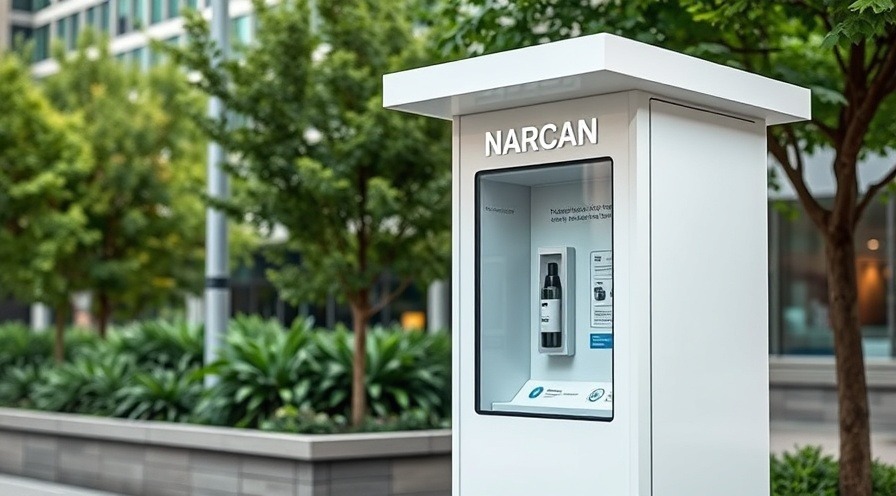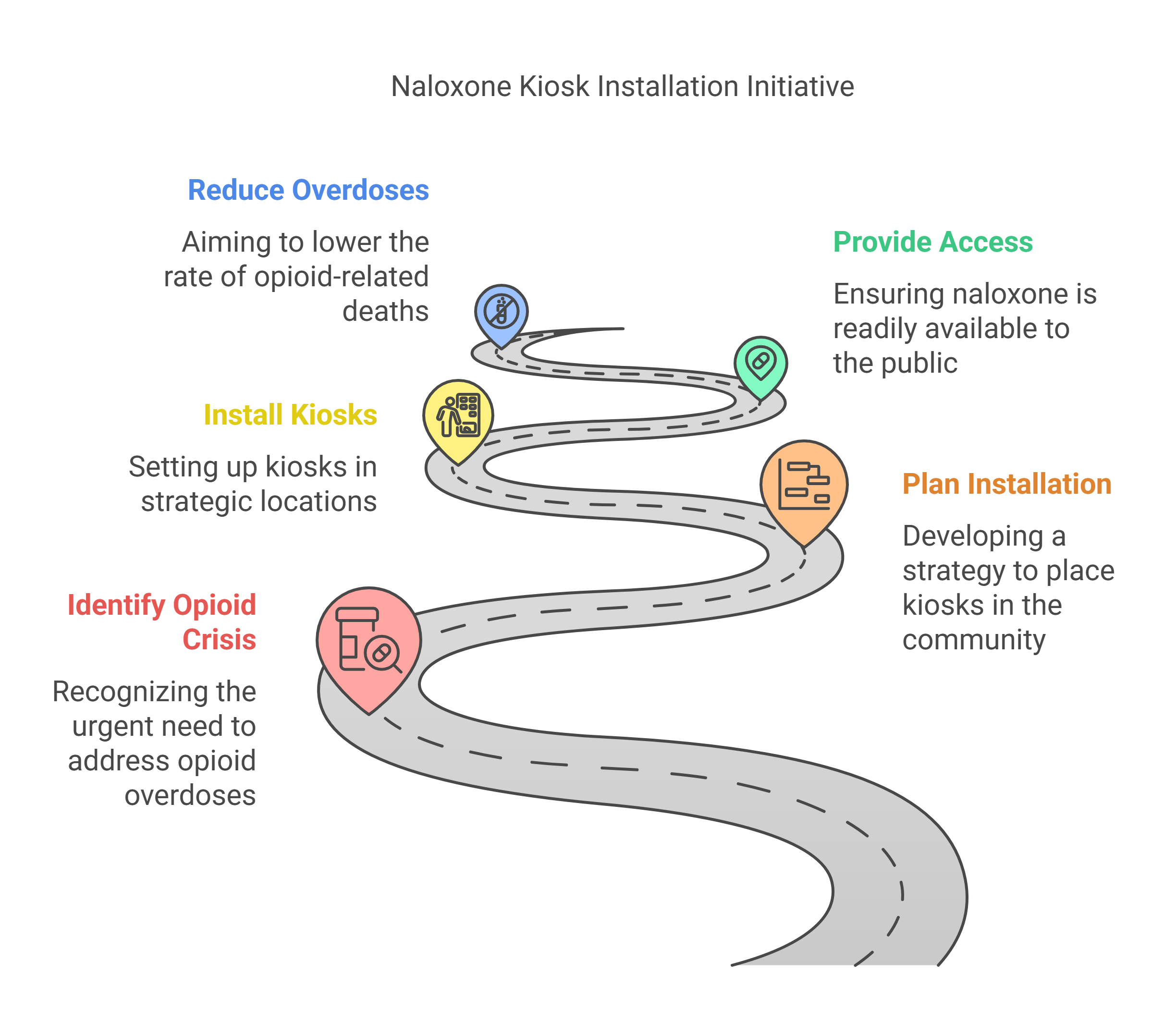
Wilson County Takes a Stand Against Opioid Overdose
In an urgent response to the escalating opioid crisis, Wilson County has launched an initiative to install naloxone kiosks throughout the community. By providing immediate access to this life-saving medication, officials aim to mitigate the alarming rates of overdose deaths caused by opioids. This proactive approach underscores the county's commitment to public health and safety, signaling a significant step in the ongoing battle against substance abuse.
Why Naloxone?
Naloxone, often marketed under the brand name Narcan, is a medication designed to rapidly reverse opioid overdoses. It functions by blocking the effects of opioids, restoring normal breathing in individuals who are experiencing an opioid overdose. With the opioid epidemic continuing to claim lives across the nation, the presence of naloxone kiosks serves not only as a critical resource but also raises awareness about the importance of harm reduction strategies in combating addiction.
Connecting Community Efforts
The introduction of naloxone kiosks is part of a larger movement among communities nationwide to address the opioid crisis comprehensively. Many local governments and organizations are recognizing the value of making naloxone readily available. According to recent studies, increasing access to naloxone significantly reduces the number of overdose deaths. In places where naloxone distribution programs have been implemented, there has been a notable decrease in fatalities, bringing hope to families affected by addiction.
Incorporating Technology for Safety
As Wilson County rolls out these kiosks, the integration of technology plays a pivotal role in ensuring that community members are informed and equipped to handle potential overdose situations. These kiosks are designed to be user-friendly, allowing individuals to discreetly obtain naloxone without the stigma often associated with seeking help for substance use disorders. Furthermore, educational materials are typically available at these kiosks, enhancing public knowledge about opioid misuse and overdose prevention.

Community Engagement and Education
Beyond just installing kiosks, Wilson County officials emphasize the importance of community education in conjunction with this initiative. Engaging local organizations, schools, and healthcare providers can foster a broader understanding of the opioid crisis and promote a collaborative approach to prevention and recovery. Workshops, training sessions, and informational campaigns can complement the kiosk rollout, creating a supportive atmosphere for individuals and families affected by addiction.
Local Response and Support Services
Community members are encouraged to actively participate in dialogues surrounding substance abuse prevention. Local healthcare providers are crucial in shaping these discussions, providing resources, and offering support for individuals seeking assistance for themselves or loved ones. Wilson County's ongoing dedication to combating the opioid epidemic illustrates an encouraging model for other communities facing similar challenges.
Future Perspectives on Harm Reduction
The establishment of naloxone kiosks marks a significant step forward in the realm of harm reduction strategies. While access to naloxone can save lives, it is essential to recognize that effective long-term solutions will require a multi-faceted approach that includes behavioral health services, access to treatment programs, and policy advocacy. As larger trends develop in medication-assisted treatment and rehabilitation initiatives, Wilson County's commitment to naloxone access illustrates a critical component in the fight against opioid addiction.
Take Action for Change
The need for community involvement has never been more urgent. By participating in local efforts, attending educational sessions, and advocating for comprehensive addiction services, residents of Wilson County can play an active role in addressing the opioid crisis. Together, we can foster a healthier community, enhance resources available to those in need, and work collectively towards reducing overdose deaths.
 Add Row
Add Row  Add
Add 




Write A Comment